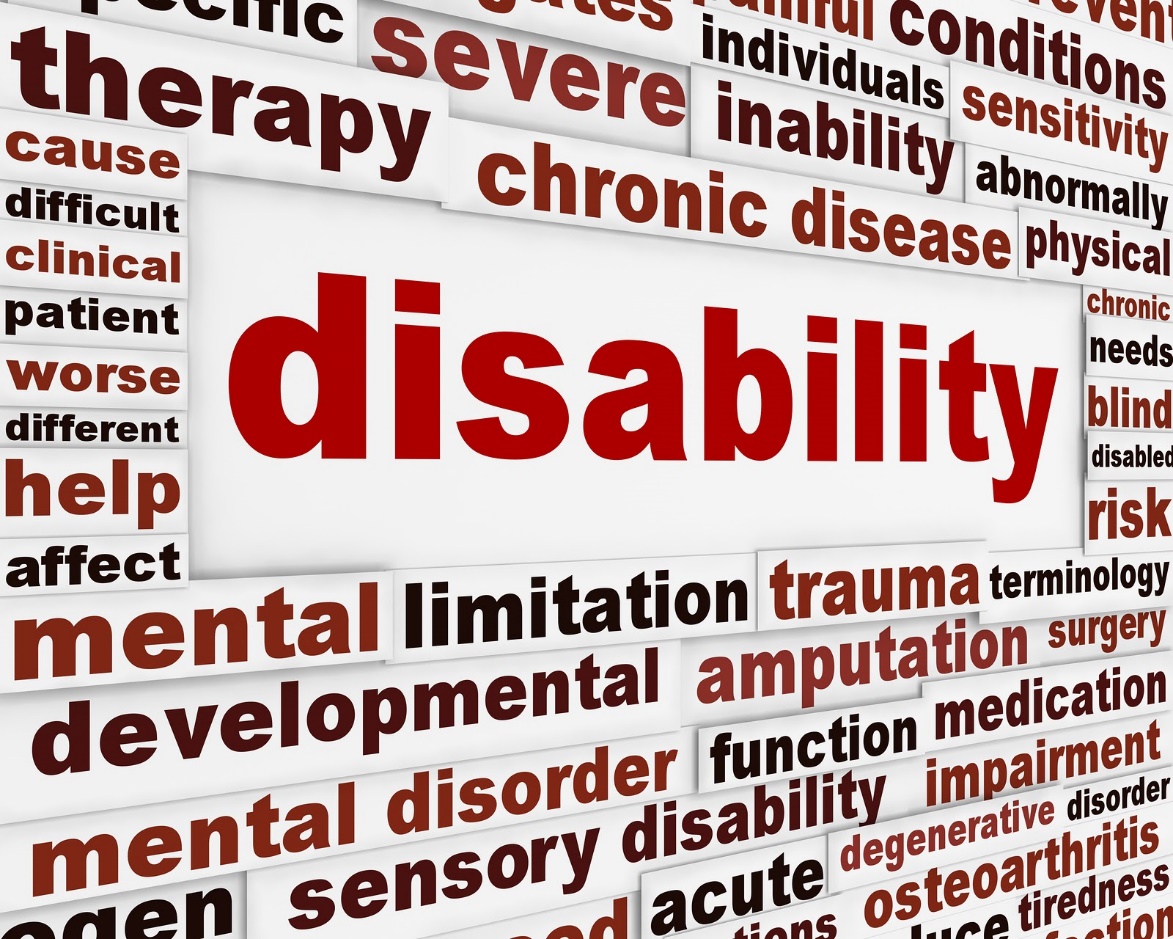When you apply for Social Security Disability (SSD), you typically need to have one of the disabilities that the Social Security Administration (SSA) lists in its “Listing of Impairments.” These are the disabilities that “qualify” for SSD. Still, qualifying for Social Security is more complicated than simply having the condition.
This is where a Medical Vocational Allowance comes into play. Sometimes called “Med-Voc”, this is an exception to the rules that allows you to receive Social Security Disability payments for an unlisted condition. If you have a condition that the SSA does not recognize but are unable to work, talk to an attorney about your disability claim. Fayetteville AR disability lawyer Ken Kieklak helps disabled Arkansans apply for disability and fight disability denials.
Qualifying for Social Security Disability
In order to qualify for Social Security Disability, you need to meet a few criteria. Whether or not your condition is listed in the SSA’s “Blue Book,” you still need to have a condition that is severe enough to consider you “disabled.” In order to qualify, your condition must be severe enough that it will keep you disabled for at least a year, or is expected to end in your death.
The term “disabled” is not intended to offend anyone, but rather describe the SSA’s definition of the phrase. Under SSA rules, in order to be considered “disabled,” you need to have a condition that makes you unable to work. If you can still work a little bit, then the SSA will need to evaluate your “residual function capacity” (RFC), and determine whether your condition is severe enough to qualify as “disabled.”

Along with this analysis, the SSA also determines whether you are able to perform any substantial gainful activity (SGA). This is defined as the ability to work enough to earn a certain amount of money. This limit changes every year, and is an important factor in determining whether you qualify as disabled. For 2017, if you are able to earn at least $1,170 per month (or $1,950 per month if you are blind), then you may not qualify for disability.
Sometimes, in order to qualify, the SSA may make you or caregivers fill out forms describing your abilities. These help the SSA understand how your condition affects your day to day life and your ability to perform personal and work-related tasks. The SSA might even have one of their doctors confirm your condition and its severity before paying you disability benefits.
Qualifying for Disability with an Unlisted Condition
The SSA has a “Listing of Impairments,” often called the “Blue Book,” which contains all disabilities that the SSA recognizes. These lists are edited throughout the years to reflect changes in medicine and mental health treatment. 2017 saw big changes with the addition of mental disorder listings and immune system disorder listings, which is excellent news for people who were previously denied disability or had to rely upon medical vocational allowances.
If you are lucky enough to have your condition listed in the SSA’s listings, your chances of receiving disability might increase. If your disability is not listed, then you might face extra work before the SSA will grant you disability benefits.
The SSA’s definition of disability requires that you have a listed condition, or one that is at least as severe. This exception for disabilities that are not listed is called a “Medical Vocational Allowance.” These allowances are commonly given for debilitating conditions and disorders that are simply unlisted. Many of these conditions will be very medically similar to listed conditions, but are different enough from the listed condition that there is no automatic qualification.

In some cases, your initial application may be denied because your condition is unlisted. These denials can be appealed, which usually requires medical evidence from your doctor. This evidence can help prove your condition and its severity. Sufficient proof may convince the SSA that you deserve disability benefits, even if your condition is unlisted.
If you qualify for the other requirements of SSD – that you are unable to work, your condition will last for more than a year, etc. – then the simple fact that your condition is not on the list should not bar you from receiving the help you need. Since the process is not as simple when your condition is unlisted, it is vital that you talk to an attorney about your application.
Arkansas Social Security Disability Attorney
Ken Kieklak, Attorney at Law, works with disabled Arkansans to help them get the Social Security coverage they need. If you or a loved one is applying for disability with a condition that the SSA does not recognize, talk to an attorney about how you may be eligible for a Medical Vocational Allowance. Call Ken Kieklak at (479) 316-0438 today for a free consultation.
